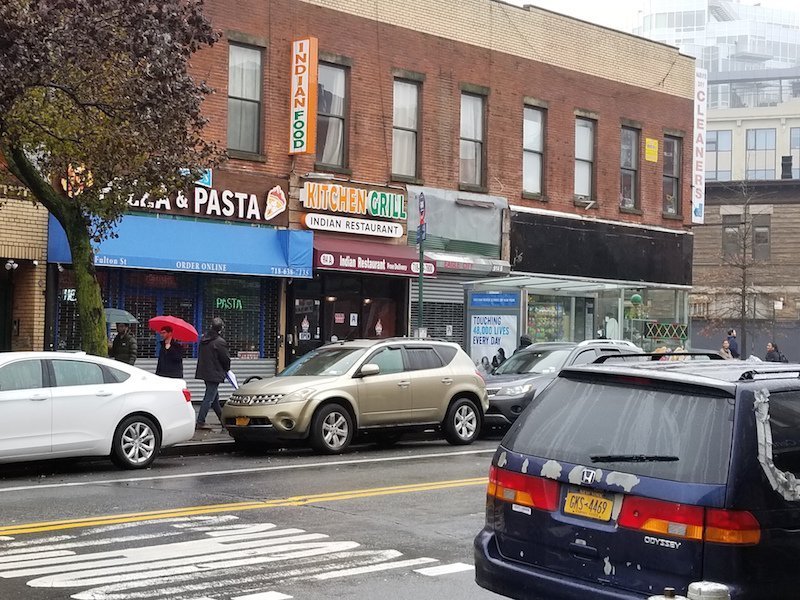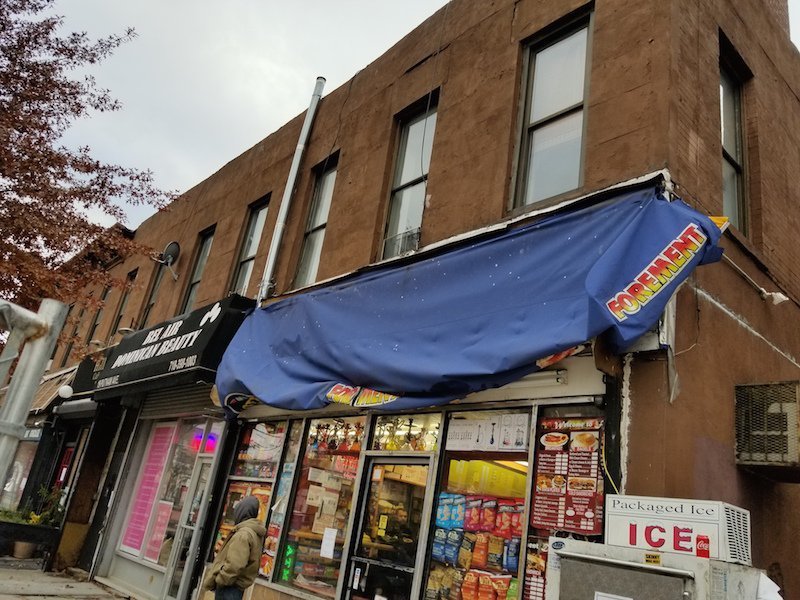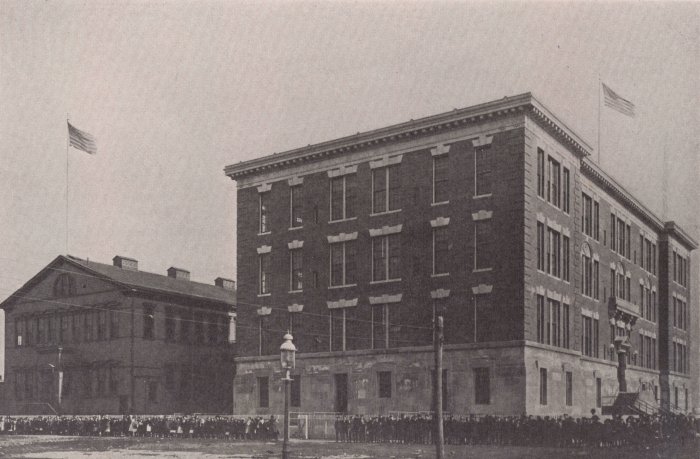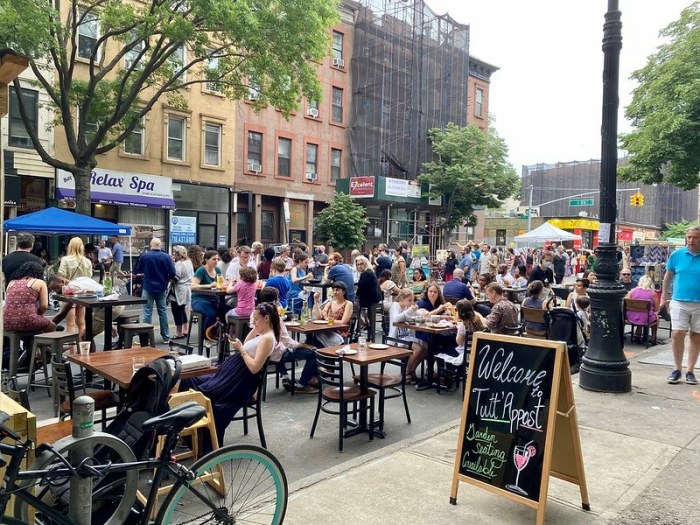On December 11, the New York Times ran a story about a sting that targets small businesses. The owner gets a phone call or a visit from someone saying you’re in violation of the city code on signs: Take your awning down now! or face a huge fine.
Almost 2,000 mostly Asian- or Arab-owned stores have been hit in 2018. That’s a lot of awnings suddenly missing. But the City didn’t notice.
Even though there’s the dedicated big city Department of Small Business Services (SBS), which implements and runs the Business Improvement Districts (BIDs). The BIDs charges small businesses monthly fees within a zoned business district, which is supposed to go for advocacy as well extra services.
Then there’s the NYC BID Association holding monthly meetings for 74 BID directors “to strengthen the profession of BID management.” How is it none of the BID directors reported stores in their management were losing their signs and awnings? How did the subject never come up at their meetings? They didn’t say anything. SBS didn’t either. The sting moved easily through the city.

The Times says 234 stores in Brooklyn were struck in November. Six of those stores are in the Fulton Street BID (FAB). The stores literally didn’t know what hit them when one November day a man came by and threatened them with thousands of dollars in fines if they didn’t remove their awnings and electric signs. The owners – three Asian, three Arab – felt threatened and the signs and awnings came down. One owner mentions that the team he paid to remove his sign sold it to a sign recycler. A nice light box can fetch a nice return.
The Yemeni owner of a 24-hour bodega provided the neighborhood alert on a day before Thanksgiving when he climbed a tall shaky ladder and started to rip down his lighted 20-year-old awning. Over several days he and a couple of friends pulled out the steel frame it was stretched over, pulled out the wiring and sliced off the canvas and took it down – until someone told him he’d be fined for not having a sign. It took parts of another couple of days to get the sign back up. It’s back up, in tatters.
A Chinese owner took a power saw to his awning’s frame to cut 6 inches. The awning droops now. That owner missed several days of work when he fell off the ladder and twisted his ankle.
The merchants mutilated their awnings to comply with a 1968 Department of Buildings regulation that the DOB, Department of Consumer Affairs, SBS, the BID Association and the BID their stores are in, FAB, have paid no attention to.
As the saying goes, an old law left on the books is a loaded gun just left around. Grifters found the old law and have used it like a gun on thousands of frightened immigrants. That’s the street piece. The art of the deal is how the city dials in the dollars: An anonymous complainer calls 311 about an awning, which triggers the DOB, who come out and issue the violation. Penalties run $6,000, $10,000 and up. Profits to the city run in the millions.
The City Council seems to have first heard about the vanishing awnings from constituents, resulting in a show of shock. Some council members led a protest rally on the steps of City Hall. The FAB director is there in the pictures. FAB store owners aren’t because they didn’t know about it. He didn’t tell them.
FAB has collected upwards of $4 million from the stores. If the stores don’t pay FAB, the city shuts them down. What’s all that money for? Certainly not for guiding the owners through the tangle of current and obsolete commercial codes and regulations or for running interference when the city uses the stores for ticket bait. The FAB director hasn’t visited the victimized businesses, not commiserated, not offered relief.
The stores need to be made whole – from FAB. Reimbursing the stores would be little enough compared to the high five figures FAB has spent switching out its lightpole banners — FAB’s awnings — every three years. If FAB can keep swapping 50 banners no one sees, it can replace six awnings six small Asian and Arab stores need to survive. FAB has the money. It took it from the stores.
















